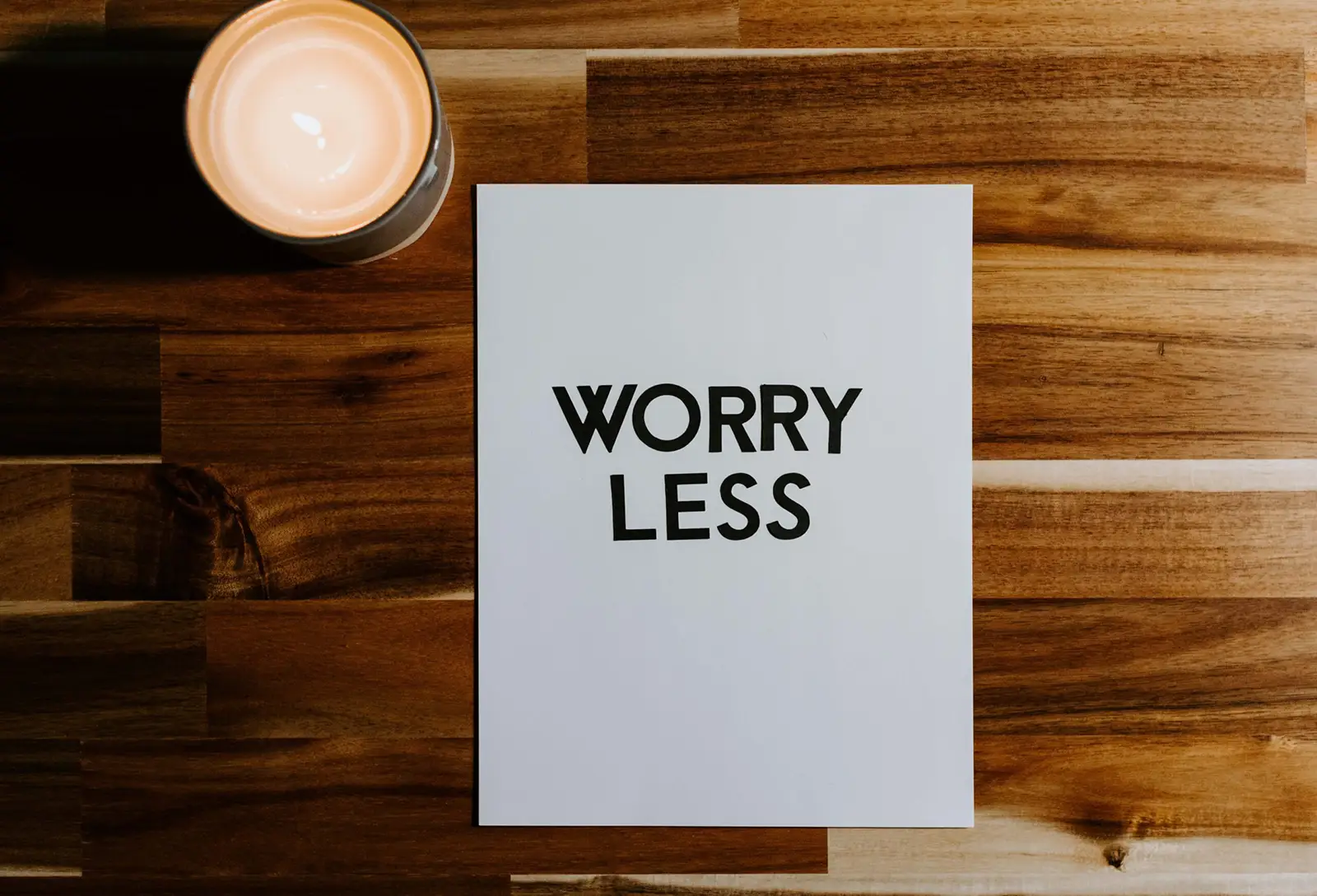
That uneasy feeling during an exam, a job interview, or meeting new people is a common scenario for most of us. However, there is a lot more to understand about anxiety.
Anxiety: A Mental Health Overview
When we feel threatened, we exhibit our fight-or-flight response. Even our ancestors faced this phenomenon, and this massively helped in the survival of our species.
Thanks to this response, we knew when to run away, and even gave us the focus and concentration we needed to fight it off! Initially, the response aimed to protect us from danger.
But when the impending danger became a lot less deadly compared to our ancestors’ struggles, there has been quite a massive change to its effect on our bodies.
The same fight-or-flight response persisted in our modern lives. However, it is often activated in our daily situations which leads to the build-up of such a stressful emotion. This is how most of our anxieties began to unravel.
People experience a certain degree of anxiety when they face stressful situations. Unfortunately, too much anxiety can burden an individual, and cause impairment in their daily functions. As they say, too much of anything can be harmful to us!
Experts have diagnosed anxiety disorders based on when an individual experiences it, and how much impact it has on their lives. You may have conditions like social anxiety, generalized anxiety, post-traumatic stress, obsessive-compulsive disorder, and others.
A common mistake is to brush off anxiety as a mere emotion. In fact, Australia has been overlooking these mental health concerns even though a huge chunk of the population experiences it.

From Anxiousness to Disability
Anxiety manifests differently in each person. Some may have little to no effect on their daily functions, while some experience severe impacts even without a specific trigger.
Psychosocial disabilities can be a product of constant anxiety. But, being anxious does not immediately translate to a disability. Disabilities mean that there are impairments in a person’s physical and psychological capacity.
Usually, a medical professional would diagnose your condition and help you assess if your anxiety is at a level that leads to a psychosocial disability, and if supportive treatment is necessary.
What would it mean when your anxiety is a disability? You may have challenges in continuing with your school, training, or work. Doing your usual everyday tasks becomes difficult and you would sometimes feel like you want to avoid doing them at all.
When left unmanaged, anxiety can become a long-term psychosocial problem. Coping with your daily life will be a lot more difficult because of constantly losing focus, feeling tense, and even the effects of sleep deprivation.
Furthermore, other medical conditions are associated with anxiety. This includes attention-deficit hyperactivity disorder, Down Syndrome, cerebral palsy, major depressive disorder, and a lot more.

Anxiety: Who is Eligible for funding under NDIS
Australia is working towards changing people’s lives for the better. As we now know, anxiety can be incapacitating and there is a lot more about the condition than being a fight-or-flight response.
The National Disability Insurance Scheme, or NDIS, has been taking steps to make treatment and support for psychosocial disabilities a lot more accessible to everyone in Australia.
The NDIS’ goal includes providing innovative and personalized options for people who suffer from psychosocial disabilities. Because of this, more people can improve their day-to-day experience, and boost their social and economic participation.
If your anxiety is classified to be a psychosocial disability, then you can be covered by the NDIS. Here are the eligibility criteria for being able to apply for the NDIS:
- Below 65 years old
- An Australian citizen and/or a permanent resident
- Experiences a considerable functional impairment due to a mental health condition. Having difficulty in doing your daily tasks then requires you to have ongoing professional support.
What does it mean to experience functional impairment? To be precise, “functional impairment” due to anxiety can mean the following:
- Difficulty in doing multiple tasksd
- Lacking stamina and concentration
- Severe restlessness and drowsiness
- Constant fatigue, hand tremors, and slow response times
- Difficulty in maintaining social relationships
Anxiety is not classified as a psychosocial disability when your support needs fluctuate. If you only need periodical support, you might not fall under the eligibility criteria.
NDIS Coverage for Anxiety and Psychosocial Disabilities
When your anxiety is felt more often than not, it is inevitable to experience various impairments in your daily life. The NDIS coverage would significantly help in providing you with anxiety support services to alleviate its impact on you.
You may have personal support to help improve your living conditions and live more independently. With a recovery coach and support workers, you can practice better daily routines including eating well, meeting appointments, and practicing personal hygiene.
Also, you can seek support for developing your life skills and community participation. Debilitating anxiety can be combatted with motivation, mentoring, and support from mental health professionals.

Goal Coach’s Psychosocial Support Services for Anxiety Disorders
The long-term and significant impact of a mental health condition is covered by the NDIS, and many organizations can provide their support services to eligible individuals.
You can make the most out of your NDIS plan by tapping the services of expert mental health professionals. We focus on building a solid relationship with our clients who require psychosocial support.
Understanding your situation and story helps us know what direction to take and how to help you reach your recovery goals. In Goal Coach, we focus on providing solutions and support to make your daily life better.
Goal Coach have different psychosocial support that you can look into. We have our experienced coaches and counselors ready to provide you with the following:
- Recovery Coaching. Our skilled coaches will collaborate to develop a supportive and empowering plan to help you improve your day-to-day living.
- Support Coordination. Your NDIS plan will be optimized with support coordinators. They will make dynamic changes to your plan and help you regain your skills, confidence, and independence.
- Specialist Support Coordination. If you need to work on barriers and other complexities with your NDIS plan or psychosocial disability, you can tap on our specialist support coordination professionals.
- NDIS Counselling. You can unravel the causes of your struggles with NDIS counseling with our professionals. Take this time to help us understand the best course of action for your psychosocial disability.
At Goal Coach, our professionals are committed to supporting your progress toward recovery. You can set up a virtual appointment with us today and we will gladly help you begin your journey towards a better future!










